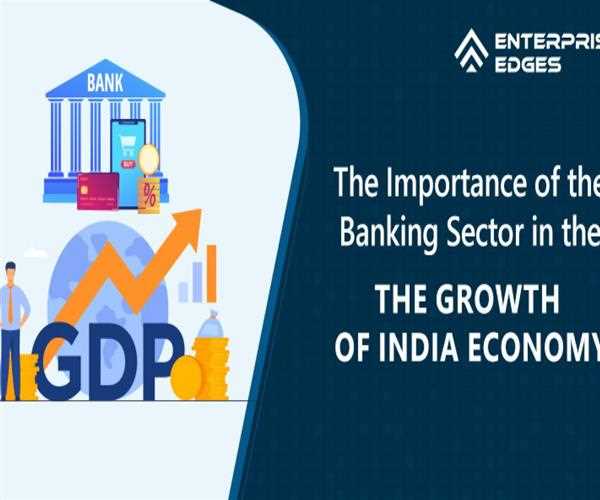Banking plays a crucial role in the Indian economy, affecting various aspects such as economic growth, investment, and employment. Here are a few key ways in which banking affects the Indian economy:
Economic Growth:
Banking is crucial for economic growth as it provides the necessary funding for businesses to invest and expand. Banks provide loans to businesses, which they can use to invest in new projects, hire more employees, and increase production. This, in turn, leads to increased economic growth and job creation. Banks also play a vital role in the development of infrastructure, which is crucial for long-term economic growth.
Investment:

Banking plays a crucial role in investment as it provides the necessary funding for individuals and businesses to invest in various assets such as stocks, bonds, and real estate. Banks also provide various investment options, such as fixed deposits, recurring deposits, and mutual funds, which can help individuals and businesses to grow their wealth. Investment in assets and capital markets also helps in the development of the capital market and its growth.
Employment:
Banking also plays a significant role in employment as it creates jobs in various sectors such as banking, insurance, and financial services. Banks also provide various financial services such as loans, credit cards, and insurance, which require a large workforce to manage and maintain. Additionally, the growth of banks and other financial institutions leads to the creation of jobs in various sectors such as IT, marketing, and compliance.
Inflation and Interest Rates:
Banks play a crucial role in controlling inflation and interest rates. Banks hold a significant portion of the country's money supply, and their actions can affect the money supply and inflation. Banks also set interest rates, which can affect the cost of borrowing and investment. Lower interest rates can lead to increased borrowing and investment, which can stimulate economic growth.
Financial Inclusion:
Banking plays a crucial role in financial inclusion, which refers to the availability and accessibility of financial services to all individuals and businesses. Banks have been working to increase financial inclusion by providing banking services to rural and underserved areas, which can help to increase economic growth and reduce poverty.
In conclusion, banking plays a crucial role in the Indian economy, affecting various aspects such as economic growth, investment, and employment. Banks provide the necessary funding for businesses to invest and expand, which leads to increased economic growth and job creation. Banks also play a crucial role in controlling inflation and interest rates, which can affect the cost of borrowing and investment. Additionally, banks play a vital role in promoting financial inclusion, which can help to increase economic growth and reduce poverty.